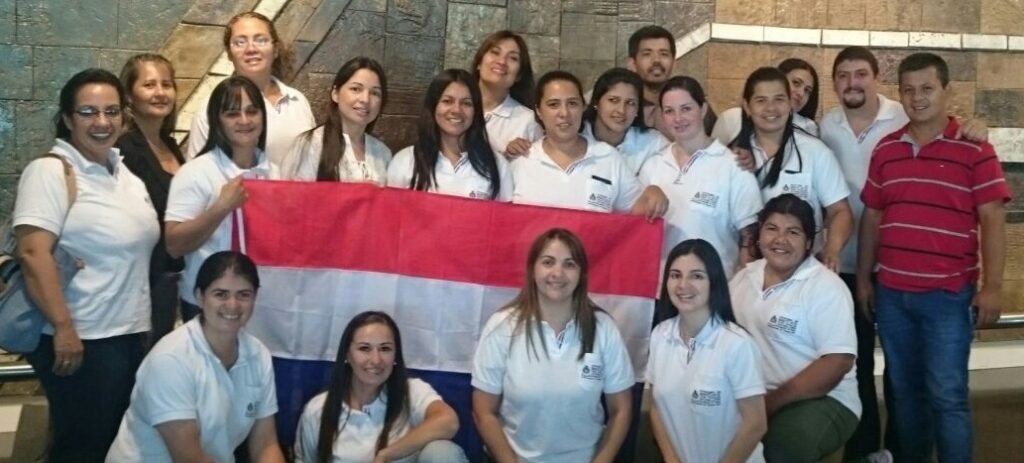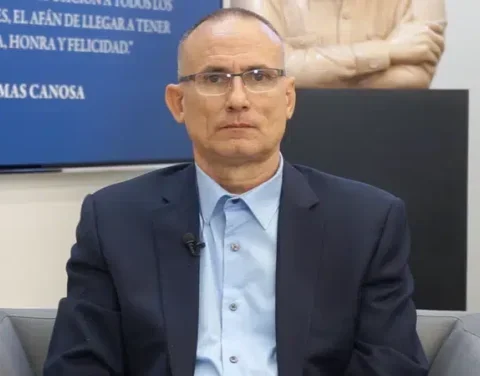Washington has pledged to stop testing anti-satellite missiles, which generate thousands of hazardous debris in space, in a move Tuesday called an “important step forward” by NASA’s chief.
The United States was the first to make this promise and urged all other nations to follow suit, with the goal of setting “a new international norm for responsible behavior in space,” according to a White House statement.
“It is particularly important because there is a growing number of States and non-governmental entities that depend on space services (…) and are vulnerable to debris,” he stressed.
The announcement comes five months after Russia fired an anti-satellite missile at one of its own satellites.
The shot caused a cloud of debris that forced astronauts on the International Space Station to temporarily take refuge in their ships, to prepare for an eventual emergency evacuation in the event of a collision. Washington then denounced “dangerous and irresponsible” behavior.
“There is no question that human spaceflight and the future space environment are incompatible with destructive antisatellite missile fire,” NASA chief Bill Nelson said in a statement.
The US move is “an important step forward in promoting a safe and durable space environment,” it added.
In addition to Russia, the United States, China and India have already fired anti-satellite shots.
The debris generated becomes dangerous projectiles, which can hit the thousands of other satellites in orbit, necessary for numerous communication or location activities, among others.
Being able to destroy other countries’ satellites can therefore become a strategic military advantage, fueling fears that space will become a battlefield.











